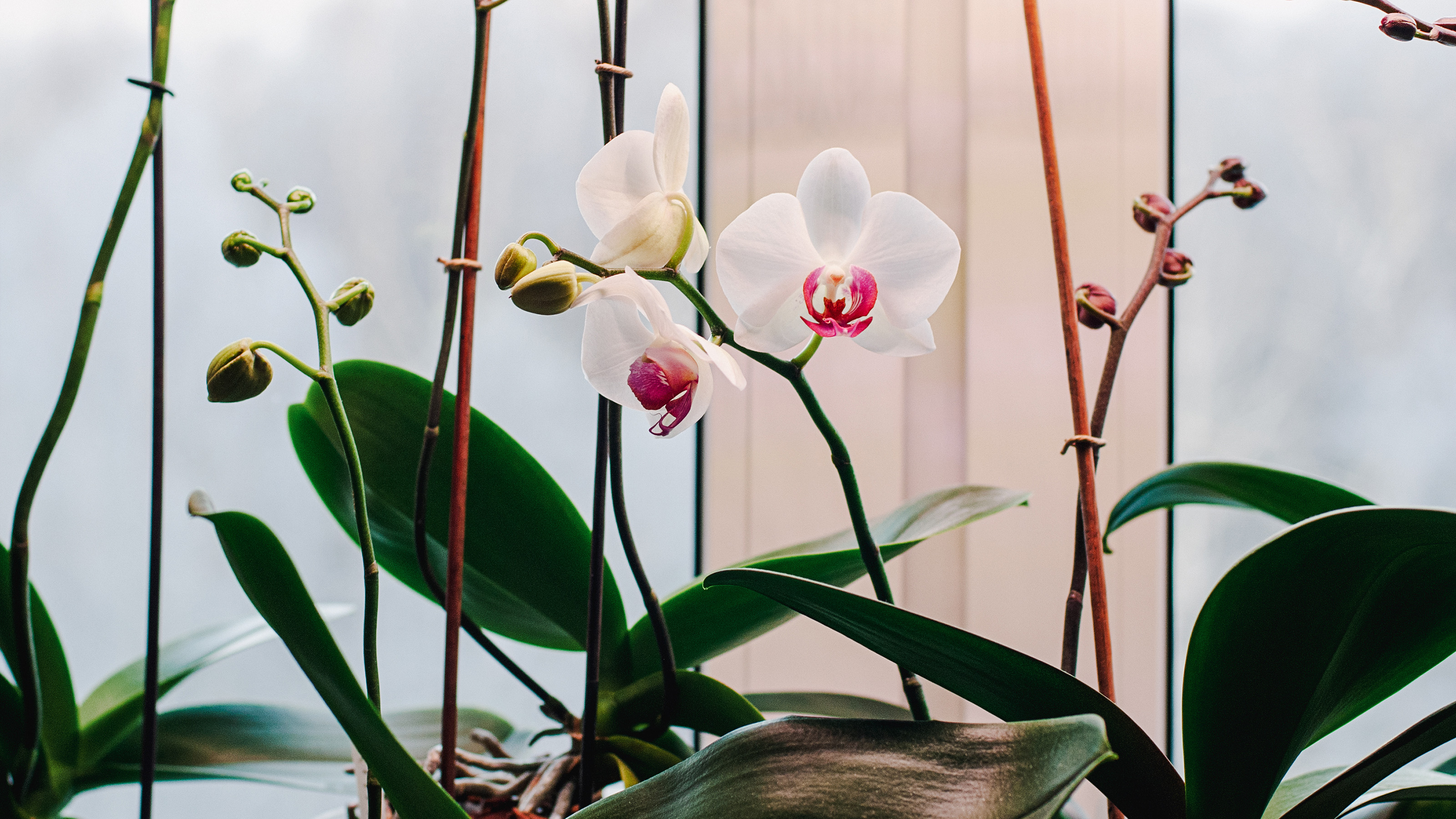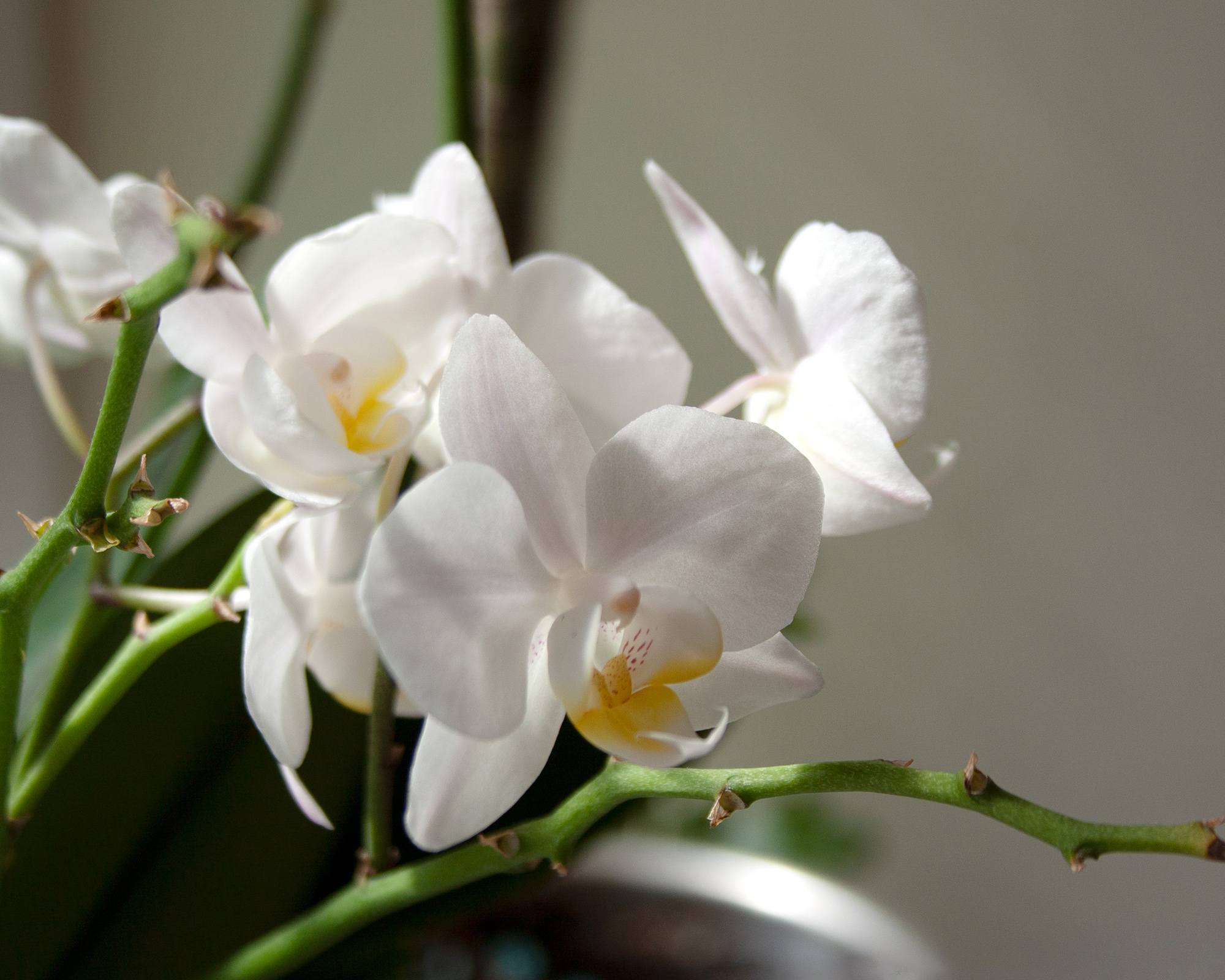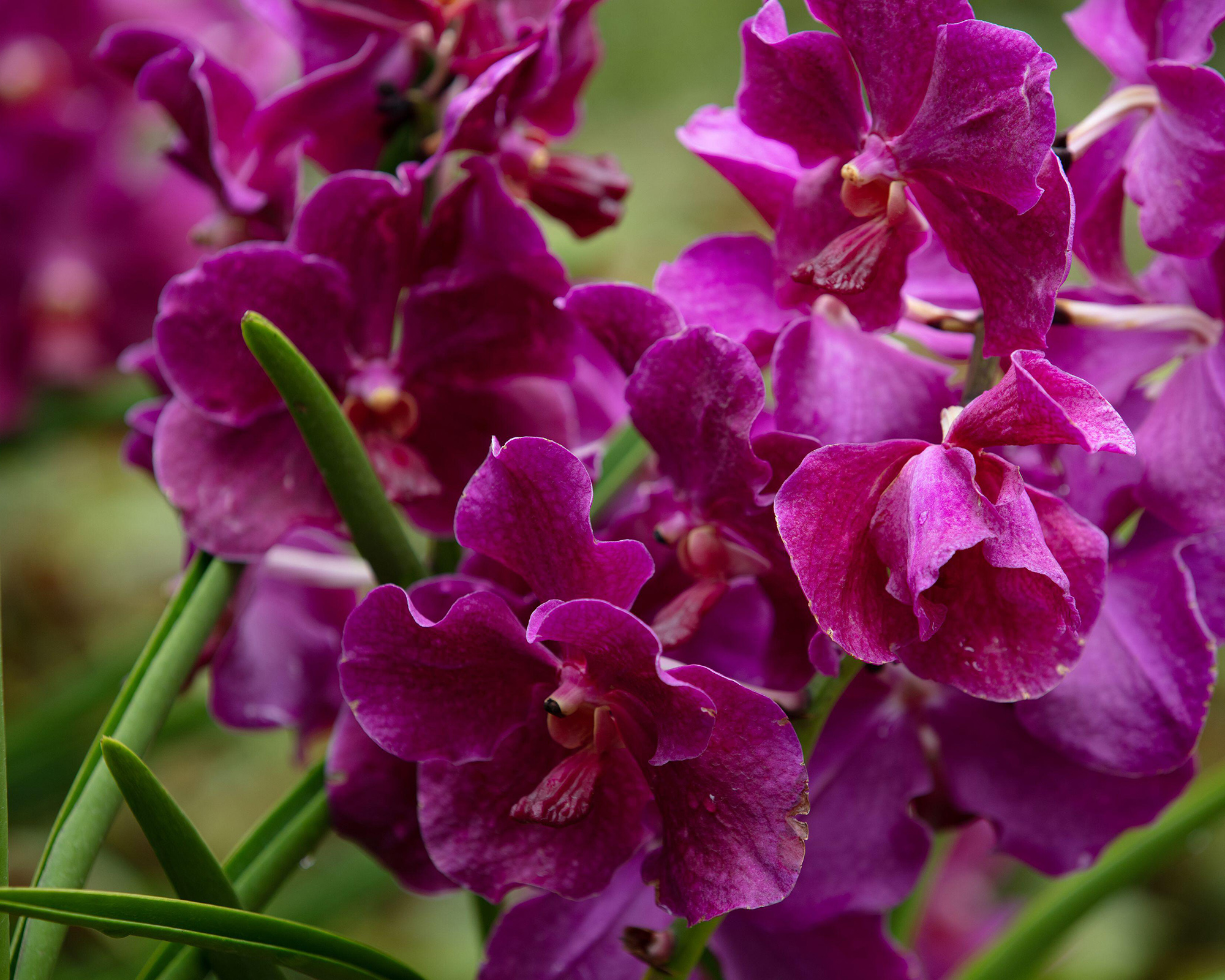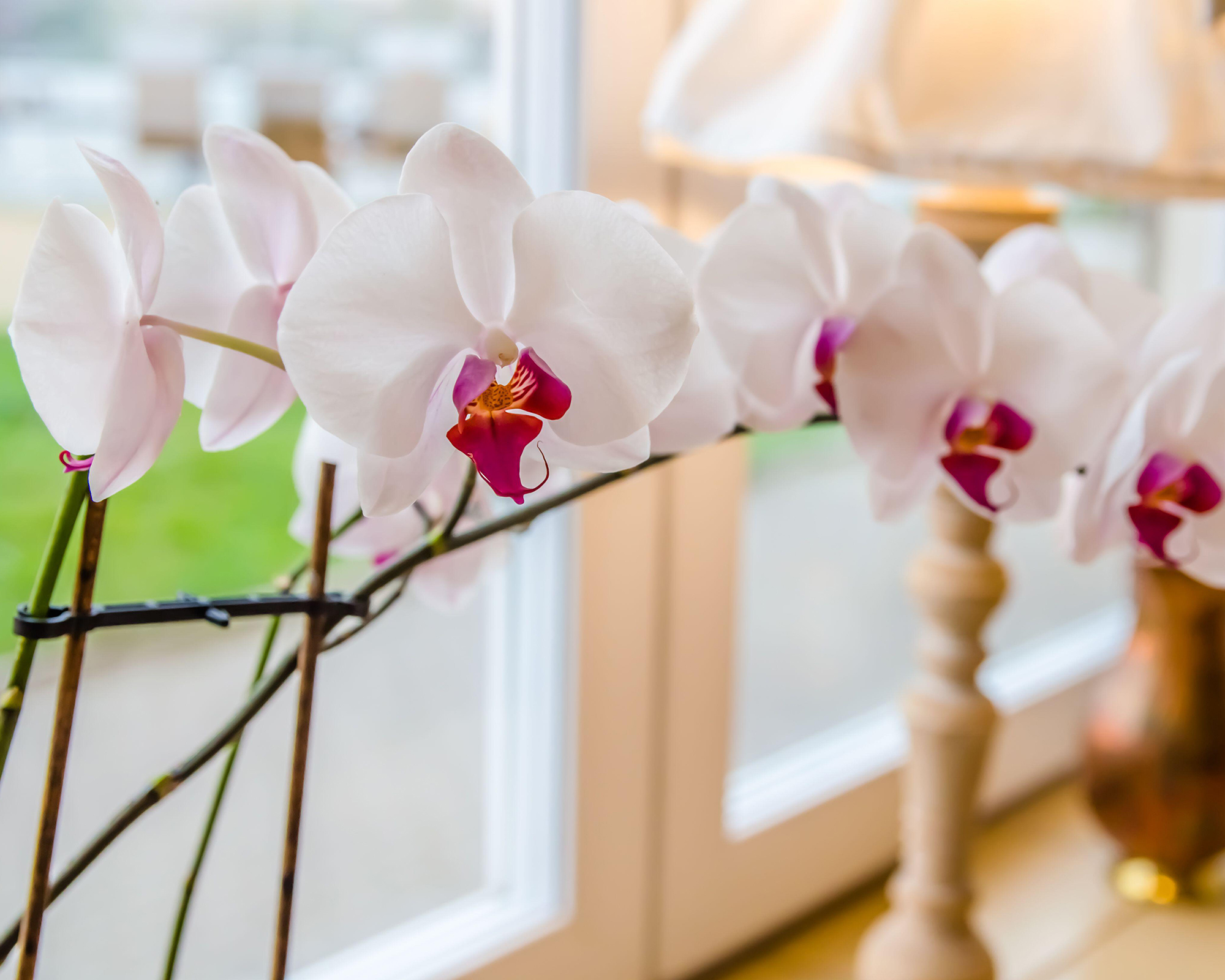How to get an orchid to rebloom: top tips for more flowers
Discover how to get an orchid to rebloom and enjoy multiple orchid flowers


Wondering how to get an orchid to rebloom? Wanting to know how to maximize the flowering potential of this household favorite is understandable if you are a fan of this plant's stunning flowers and want to enjoy the beautiful blooms for as long as possible.
When it comes to orchid care, there are a couple of key things to remember. Orchids are tropical plants, and they love humidity. They also really enjoy bright indirect light – two of the most important aspects of keeping your orchid happy so that it keeps blooming.
Though growing orchids usually means just one bloom per season, there's always a possibility you'll coax a rebloom out of your plant. There are a number of things you can do to encourage more blooming to happen, which we've detailed below.

Simple tips for how to get an orchid to rebloom
- Wait until the flowers have dropped off the stem naturally. You'll see that the flowering spikes will still be intact at this point. If a flowering spike is still green, there's a good chance it will bloom again - in which case, the RHS note that you shouldn't cut the tip of the flowering spike off, as you’d also be cutting off potential buds.
- If a flowering spike is going brown, this indicates the end of its growing potential. You can cut these spikes back so the plant doesn't expend its energy there. The RHS suggest encouraging a second bloom by snipping the spike 1in (2.5cm) above the second notch from the base; it will probably branch below the cut and make new flowers faster than growing a new spike from the base.
- Keeping up with a regular pruning regimen is also advised, so learn how to prune orchids and you'll be able to approach this task correctly.
John Negus from Amateur Gardening explains that moth orchids can remain in flower for many months; in fact, they can flower almost continuously with only a short ‘resting’ period, making them a firm favorite for indoor gardens everywhere.
However, if the room temperature is too low, John says the plant can enter a long period of dormancy, which can also be induced if you fail to remove the racemes of faded flowers.
'If the room temperature is cold, move your orchid into a warmer, well-lit room,' he says – this relocation can make a huge difference to most of the orchids grown at home.

What type of light will help my orchid rebloom?
Not providing your orchid with sufficient light is one of the most common ways to reduce its flowering abilities. Orchids adore the brightest light you can give them –even an overly dusty window can affect their happiness! – but it has to be indirect light or the plant may scorch.
A good test for adequate light is the color of your orchid's leaves. A light, bright green is the sign of a happy orchid, while any plants with rich, dark leaves (which typically indicate a positive for most of the best indoor plants) actually mean insufficient light in orchids.
The feel of an orchid's leaves also gives you a clue, as they should be firm and upright. Keeping leaves clean will help with light absorption too.

Do orchids need humidity to rebloom?
Orchids really do well with a humid environment around them, ideally from 60-80%. You can help increase their humidity levels by giving them a daily misting of water, ensuring their roots don't get soggy for a prolonged period as this can lead to root rot.
In terms of location though, orchids will probably bloom better and more regularly in naturally humid spaces, which is why they're often recommended as one of the best plants for bathrooms or even as a kitchen plant.
Orchids also require freshly circulating air though, so make sure to crack the window open for them.


Freelance writer and author Flora Baker is a keen amateur gardener and houseplant enthusiast. Her small garden in South London is a constant work in progress as she gets to grips with snail prevention, DIY trellises and what to plant in shady spots overrun with ivy.
